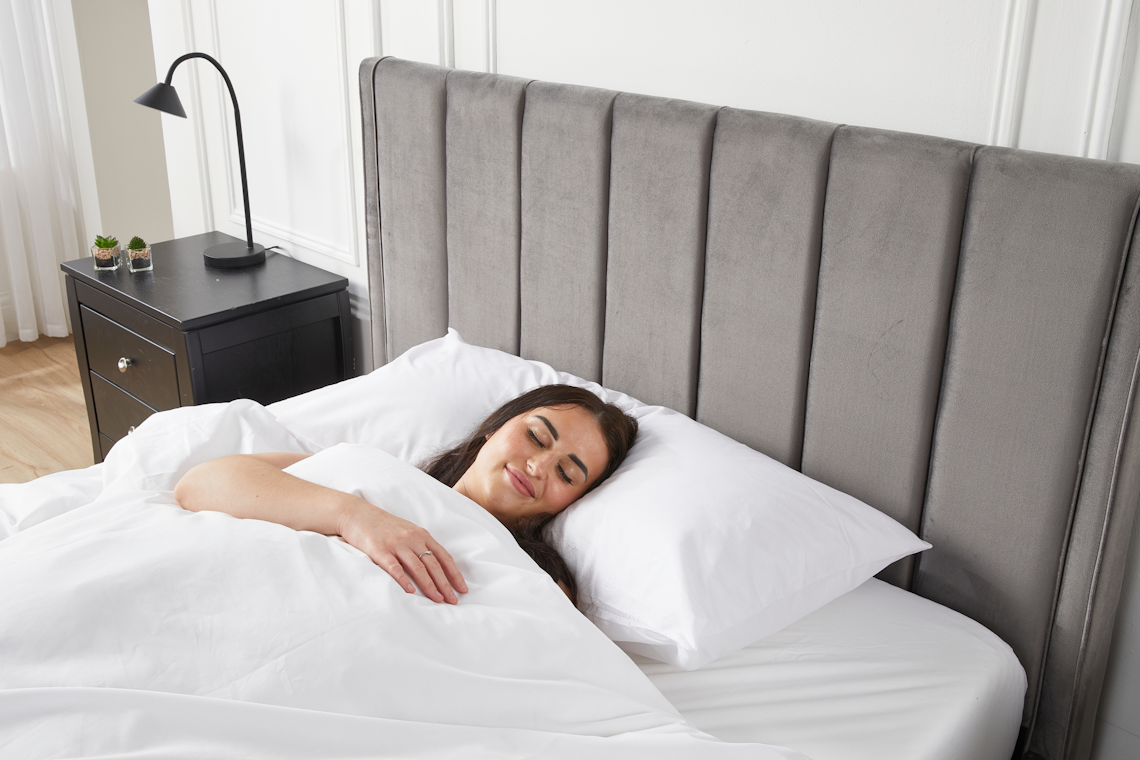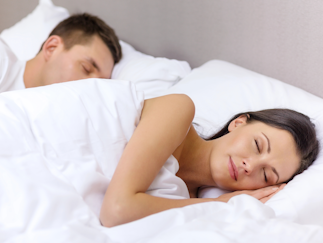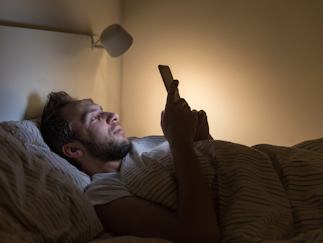13 Oct 2025
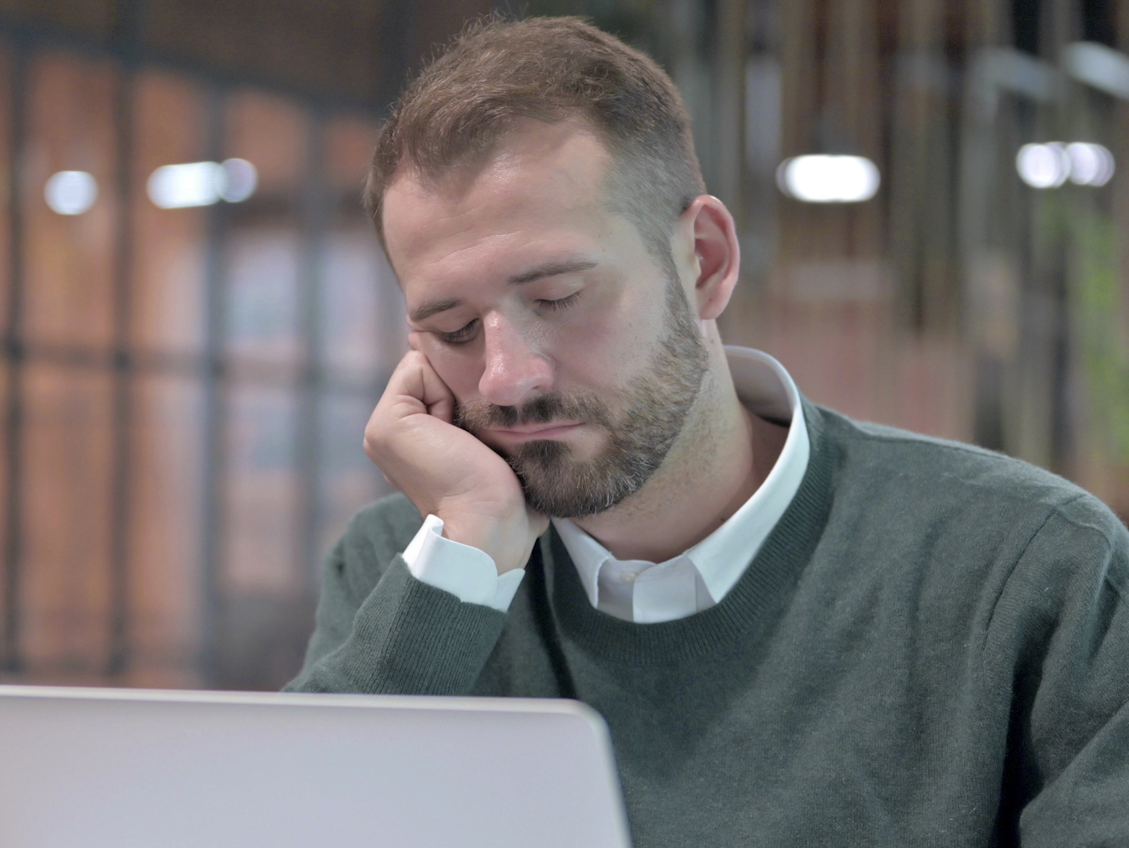
Do We Really Get Enough Rest? What the Average UK Bedtime Looks Like
07 Oct 2025
Sleep is vital for our health, yet millions of people across the UK feel they aren’t getting enough of it. A recent YouGov study sheds light on when the nation actually goes to bed, how long it takes us to fall asleep, and how refreshed we feel in the morning. The results reveal an intriguing picture of Britain’s sleep — and whether we’re truly giving our bodies the rest they need.
Key Takeaways
-
Most UK adults aim for sleep before midnight, but late nights are common — especially among men and younger adults.
-
Feeling tired is the norm for a significant share of the population, raising questions about whether bedtime habits are working.
Average UK Bedtimes: The Midnight Divide
According to the study, the majority of UK adults head to bed between 10 p.m. and midnight. But the breakdown tells a deeper story: around 44% turn in between 10–11 p.m., while another 38% go between 11 p.m. and midnight. Yet a sizeable 13% of men and 8% of women admit they regularly go to bed at 1 a.m. or later. This late-night group skews younger, suggesting that technology, social lives, and changing work patterns are pushing bedtimes later than ever.
Falling Asleep: The Waiting Game
Getting into bed doesn’t always mean falling asleep straight away. The study shows that many people take 15–30 minutes on average to drift off, while others report waiting even longer. For those who find themselves scrolling on phones or watching TV in bed, this delay is often compounded by blue light exposure, which disrupts melatonin production. Women, in particular, reported more difficulty in falling asleep than men, suggesting restlessness is a common barrier to good quality rest.
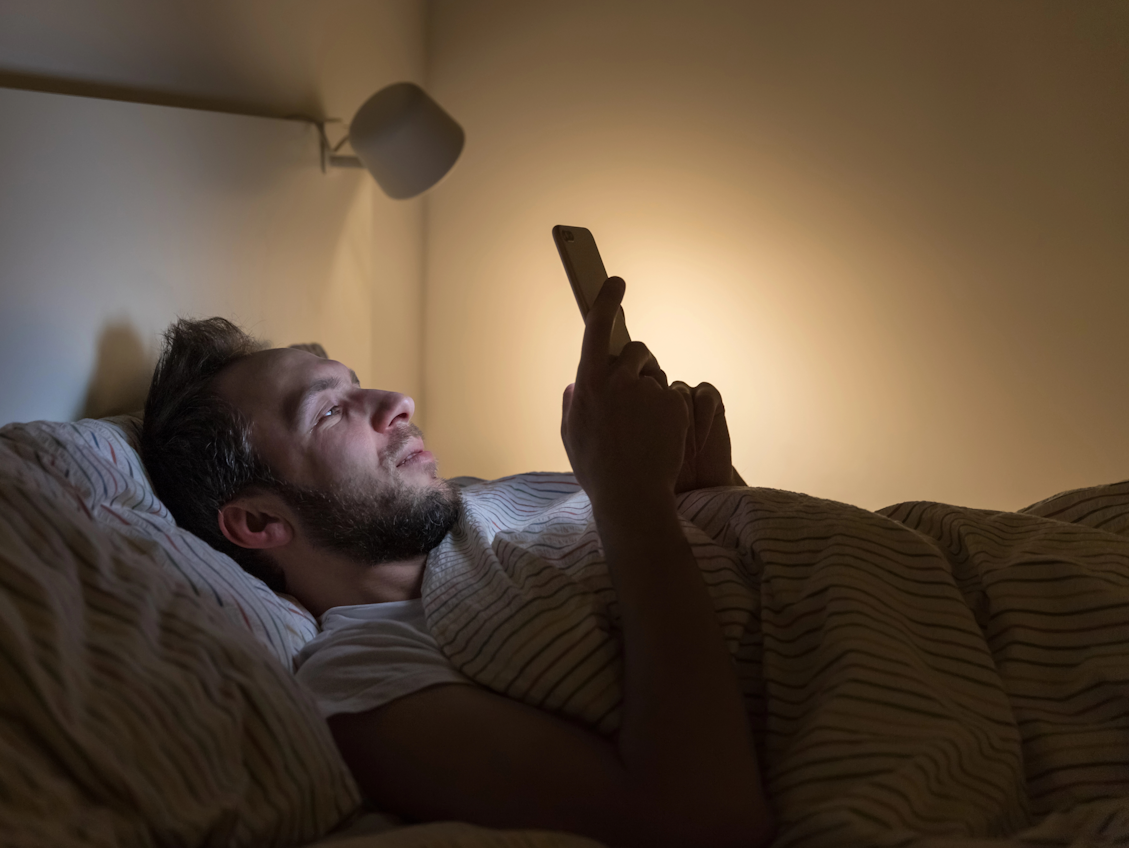
Waking Up: Rested or Drained?
Even after a “normal” bedtime, a large proportion of adults don’t feel refreshed in the morning. The data shows that fatigue is widespread, with many admitting they wake up tired most days of the week. This points to an important reality: bedtime alone doesn’t guarantee rest — the quality of sleep, how much we wake in the night, and pre-bedtime routines all play a role in how well we recharge.
Why Bedtime Matters for Health
Sleep experts often highlight that consistency is key. The YouGov findings reinforce this: people who maintain regular bedtimes and routines tend to feel more rested, while those who push bedtimes later often report poorer energy levels the next day. Beyond daily fatigue, chronic lack of sleep is linked to weakened immunity, reduced focus, and even long-term risks such as heart disease.
So, Are We Resting Enough?
While the average UK bedtime hovers before midnight, the evidence suggests we’re still falling short when it comes to feeling truly rested. Men’s tendency to stay up later and women’s struggles with falling asleep reflect a national sleep gap that bedtime alone doesn’t solve. The lesson is clear: if we want better rest, we need not just to look at what time we go to bed, but how we prepare for it — from limiting screens to creating a calm sleep environment with supportive bedding.
